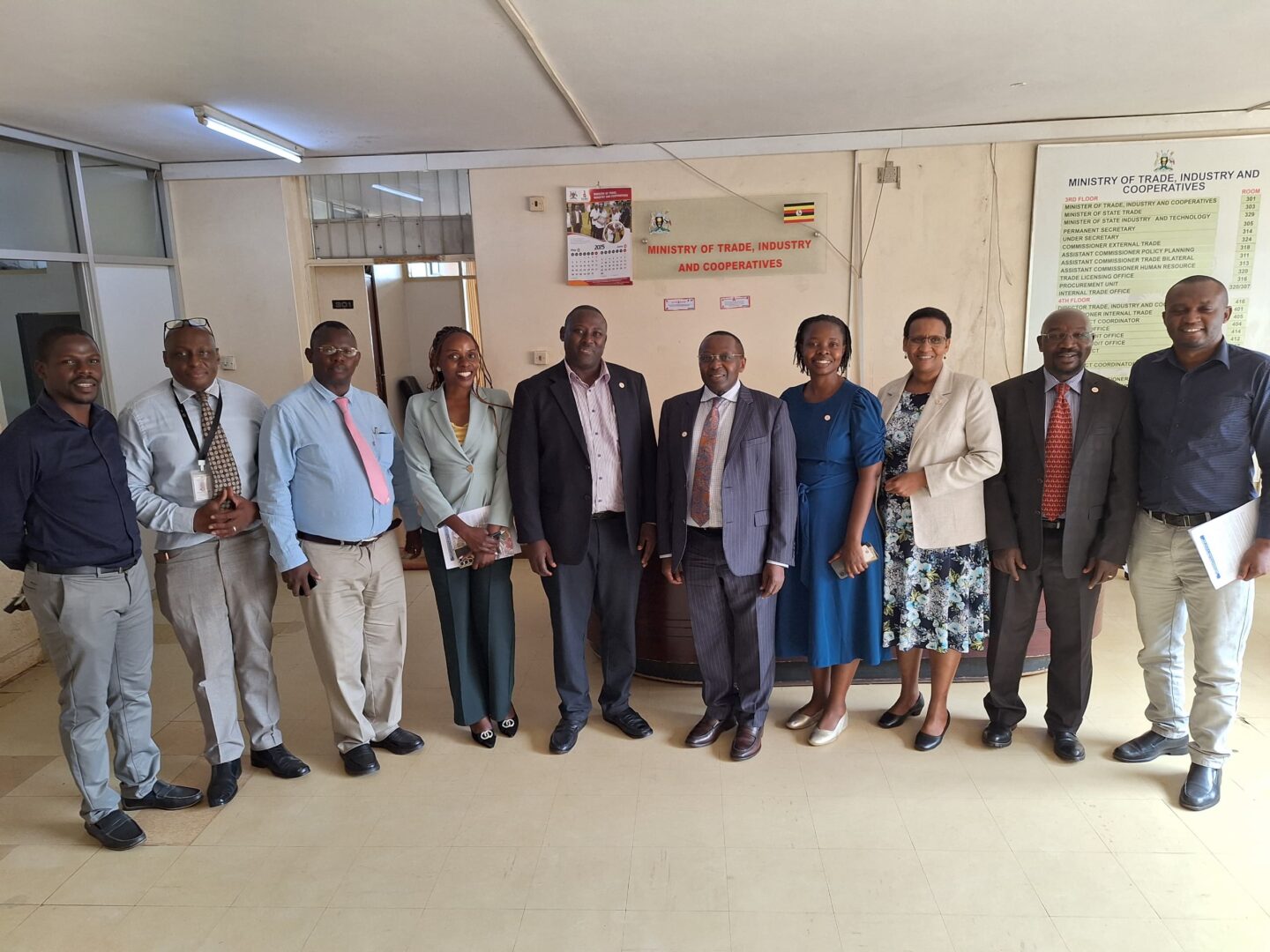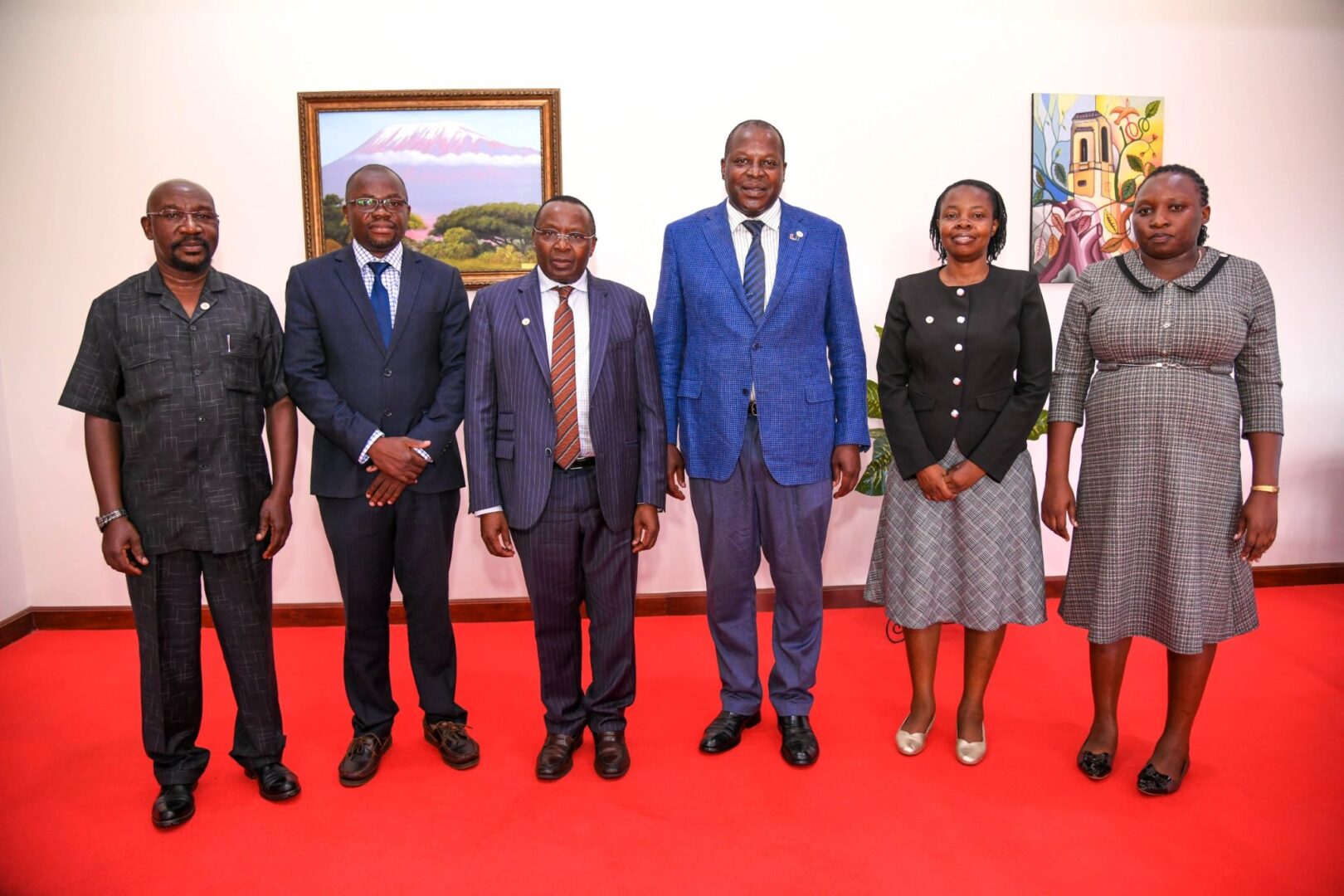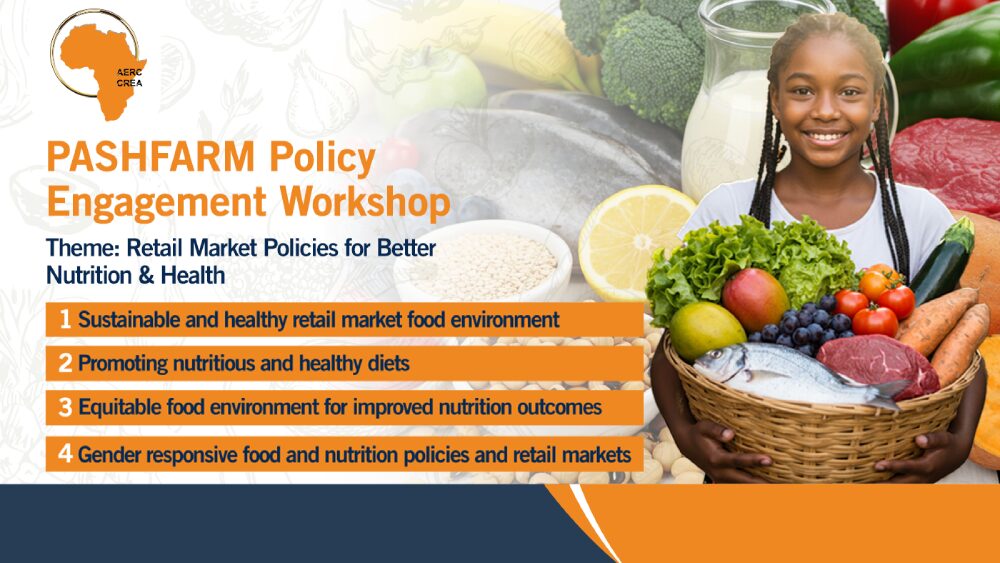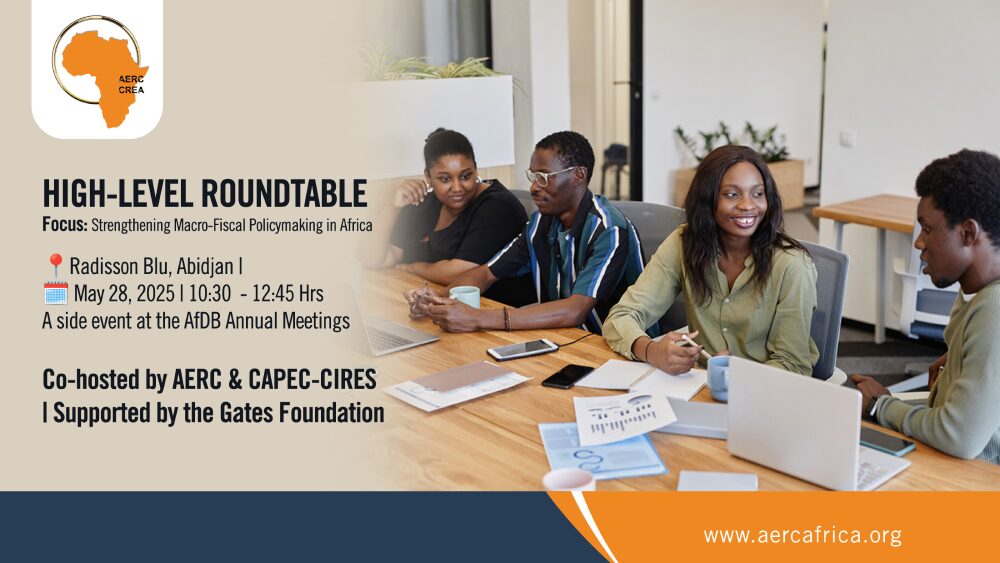

AERC at the International Monetary Fund (IMF) Taskforce Meeting
February 20, 2024The African Economic Research Consortium (AERC) was represented at the Climate, Development, and the International Monetary Fund (IMF) Taskforce meetings and workshops that were hosted by Boston University in Washington D.C., from January 28-31, 2024. Dr. Abbi Kedir, Director of Research, AERC represented AERC in this high-level policy workshop.
As the Task Force began the next phase of the project, these in-person meetings provided it with the opportunity to accelerate its work in pursuing a robust dialogue on how the IMF can advance climate action in a manner that best promotes low carbon, inclusive, and climate-resilient growth globally.
As an organization, AERC presented preliminary findings of a technical study on “Climate Finance, fiscal balance and external debt: Evidence from Africa” which underscored the macro-critical nature of climate finance.
In addition, AERC participated in three additional events including a workshop on “Low Income Country Debt Sustainability Framework” where the following core issues were discussed; Integrating Climate Change into Debt Sustainability Analyses: state of the art and improving the LIC Debt Sustainability Framework: opportunities and key considerations.
AERC also took part in a workshop on “Resilience and Sustainability Trust (RST) Workshop” where several development-oriented themes were discussed including Country case study deep-dive on RSF (resilience and sustainability framework) which is ongoing in 16 countries and presentations both by the World Bank and IMF on RSF. The organization was also represented during the presentation of the key messages of the work of the taskforce to IMF and World Bank board and senior directors in the premises of the IMF.
In terms of outcome and follow up plans, the team will be working on the second assessment report of the taskforce and strengthening strategic engagement with stakeholders including preparing short and snappy policy brief. The group will also continue working on themes such as the following: Situating the role of the IMF in terms in the context of resource mobilization to achieve development and climate change goals; the challenges posed by the existing macroeconomic environment, given debt distress, fiscal constraints and the cost of capital; the urgency of adaptation, including food security; green industrialization and the impact of industrial policies in the Global North; the role of central banks and reality check (including macro consistency) of external finance needs.






